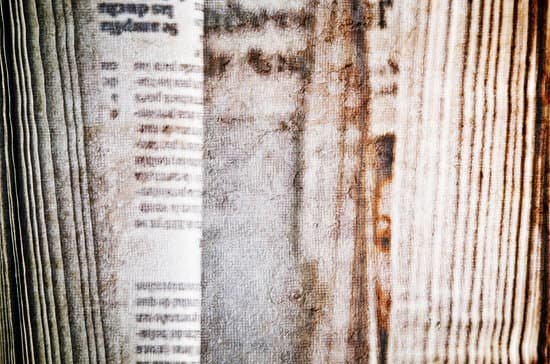

In French there are two ways of saying “you”. What's the difference? It's all about “you”: So when in France, remember what your mother taught you, and say s'il vous plaît (“please”) when making a request. S'il vous plaît / s'il te plaît – “Please”Īs a tourist, the last thing you want to be is rude. A more casual way to greet people is salut, which can mean either “hi!” or “bye!”. In the evening, you could also say bonsoir (“good evening”). It's universally polite and friendly, whether the situation is formal or informal.īonjour is a combination of the words bon (“good”) and jour (“day”). There are many ways in French to say “hello”, but bonjour is undoubtedly the most well-known.

French Greetings and Polite Phrases Bonjour – “Hello” Here's a quick “French phrases” video I made that will help you with pronunciation for most of the phrases in this article:īefore we get started, if you’re looking for an online French course, here’s the course I recommend: French Uncovered – Learn French Through the Power of Story, a course with a fascinating new method by my friend Olly. So whether you're planning to travel to Paris for a week or move to Saint-Louis-du-Ha! Ha! for the rest of your life, here are the most important and useful French phrases that you should learn A.S.A.P. How do you expect to communicate with anybody if the only thing you've learned so far is a verb table? I've long advocated that set phrases are the best thing for beginners to learn when starting out.Īfter all, isn't the goal of language learning to communicate? À quelle heure est-ce qu’il faut régler la note?

Où se trouve la station de métro la plus proche?


 0 kommentar(er)
0 kommentar(er)
